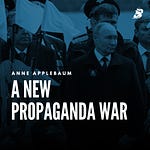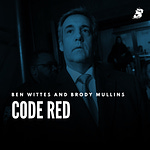Sidney Powell pleaded guilty and agreed to testify for the state in Georgia—Trump's legal woes just took a turn for the worse. Plus, Jim Jordan's bad day, and a plea for social media types to wait for the facts before weighing in on the Israel-Hamas war. Ben Wittes joins Charlie Sykes for The Trump Trials.
show notes:
















